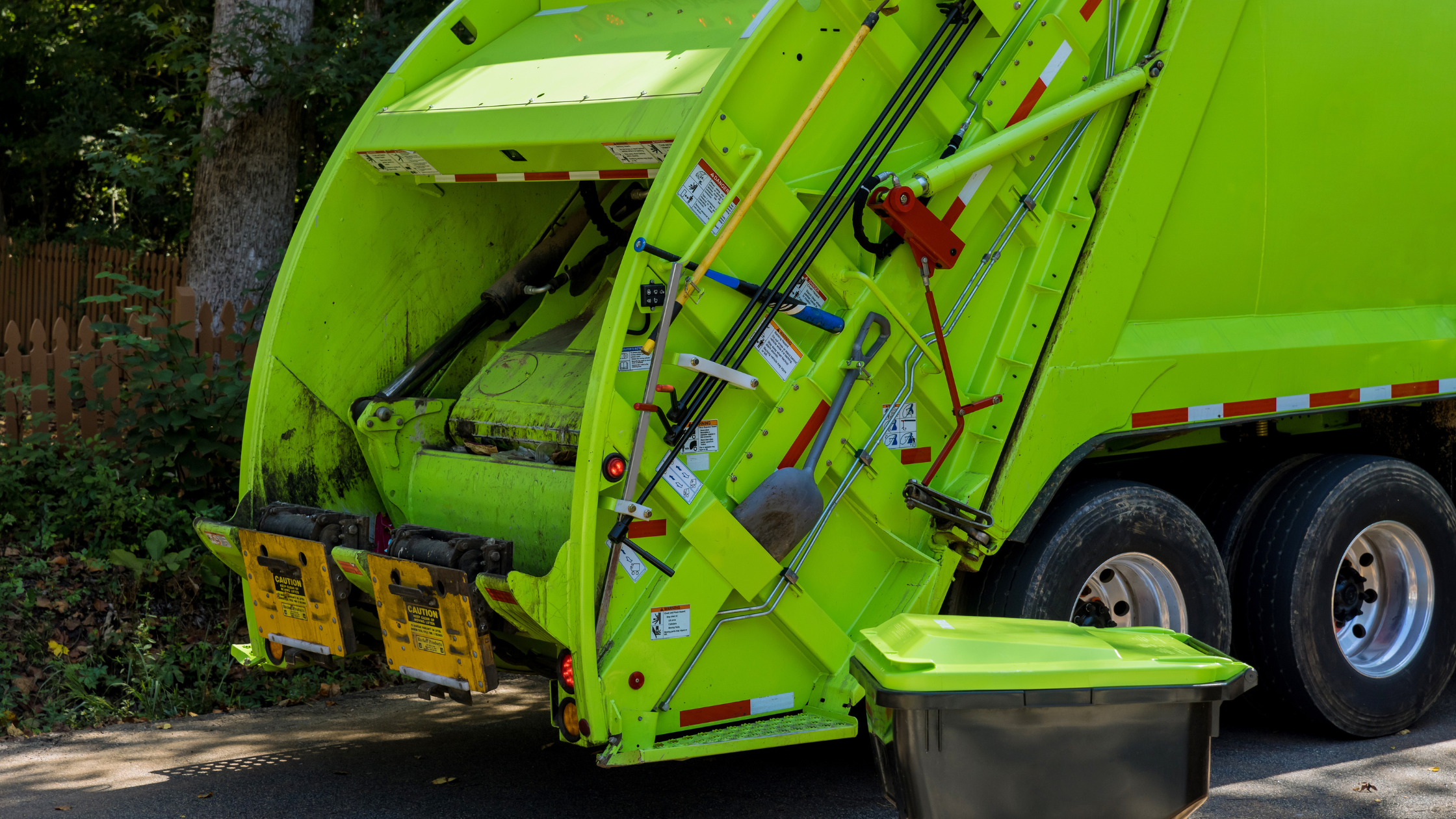Why waste management is about more than just bin collection
Wednesday 29th January 2025

The first thing that often comes to mind when discussing business waste management is inevitably bin collection. But modern waste management is far more varied and wide reaching than simply rolling out the bin and splitting cardboard from general waste.
Now more than ever, organisations are under growing pressure to comply with governmental regulations and take a more sustainable approach to waste management.
Let’s dig a little deeper into why waste management is so much more than just bin collection.
Understanding the bigger picture
We put our bins out ready for waste to be takes away but, in actual fact, effective waste management starts long before rubbish ends up in a bin.
We should be thinking about the materials that make up that waste, and how these can be reduced, reused, or recycled. For businesses, this can mean creating a robust waste management strategy, rethinking production processes, choosing sustainable materials, and finding ways to reuse waste instead of throwing it away.
This shift not only reduces the burden on landfill sites, but also helps businesses improve their reputation among eco-conscious consumers.
Environmental responsibility
One of the biggest reasons behind stricter waste management solutions for businesses is the growing environmental impact caused by the sheer volumes of waste being created. With landfill sites reaching capacity and continuing to produce harmful greenhouse gas emissions, this is no longer a viable solution for waste management.
Instead, businesses are being encouraged – and, in some cases, required – to adopt practices that minimise their environmental impact, such as recycling and reusing their waste, instead of sending it to landfill.
In addition to standard recycling practices – sorting metal from plastics etc – it is becoming more common for organisations to invest in activities such as composting food waste or converting non-recyclable materials into energy. These steps are helping companies take responsibility for their environmental footprint.
Cost savings through smarter waste practices
In addition to the costs associated with bin collection, businesses also pay for the disposal of their waste. As landfill taxes increase in the UK, this can lead to a hefty increase in overheads. So, by reducing the amount of waste sent to landfill, businesses can significantly cut down on these costs. For example, by composting food waste, restaurants can lower the number of general waste collections they need each month.
It’s a great idea to conduct a waste audit, to identify the types of waste a business is producing. Then from this, it is possible to create strong waste management goals to form the foundation of a strategic plan, focussing on areas where waste can be reduced, recycled or reused.
Remaining compliant with regulations
In the UK, waste management is a legal requirement, not a choice. Businesses must follow increasingly strict guidelines when managing their waste, including the Waste Framework Directive. Failure to comply can lead to fines and even reputational damage.
In addition to legal obligations, sustainable waste management can play a part in demonstrating positive corporate social responsibility. As consumers grow increasingly more eco-minded, incorporating responsible waste management practices can go a long way in satisfying these customers, as well as other stakeholders.
Looking beyond the bin
For an effective waste management strategy, look beyond the bin! Think reuse, recycle, reduce. Each step reduces the need for landfill and contributes to a circular economy, where resources are used efficiently and waste is minimised. For businesses, it’s an opportunity to cut costs, meet environmental goals, and comply with regulations.